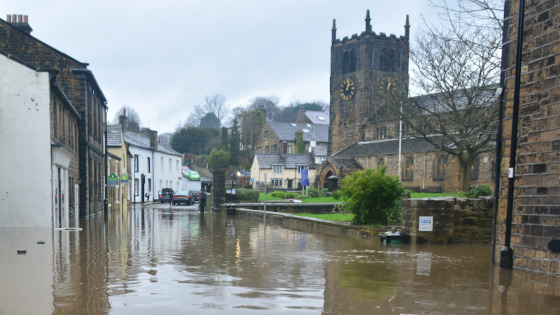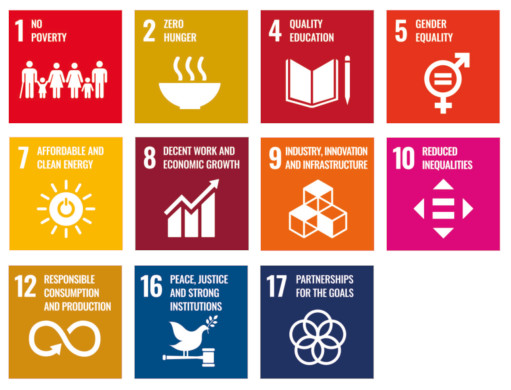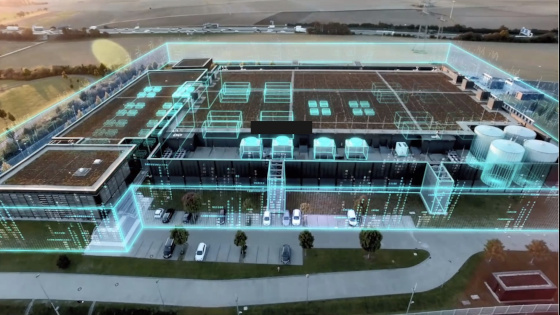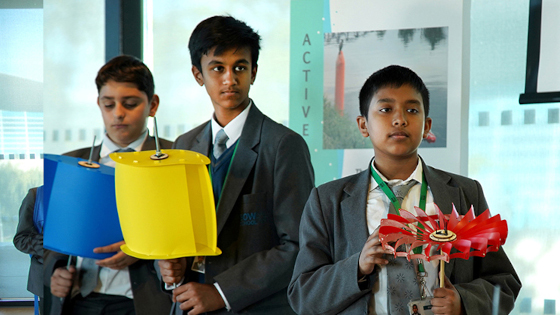What problem does the research address?
More than five million properties in England are at some degree of flood risk, with many more people and communities affected across the UK and globally. Estimations of this flood risk and its social and economic impacts, as well as the benefits of interventions, are required to justify investment in crucial flood risk management work.
How is the research impactful?
The work of the Flood Hazard Research Centre has been developed into flood assessment methodologies, models and data that are fully integrated into flood risk investment decision-making in the UK. This has made an impact on policy making, flood risk strategy and flood risk investment work. It has helped at-risk communities avoid flood risk damages through its use in flood risk management.
Where was the research impactful regionally and globally?
Research and data used by 146 organisations in the UK and internationally including government departments, local authorities, consultancies, water companies, NGOs and banks.

Who are the key partners and collaborators?
Environment Agency, Department of Environment Food and Rural Affairs, National Flood Forum
Meri Juntti, Associate Professor of Environmental Governance at �IJ�����̳, looks at how urban green space can make more sustainable communities and improve people's lives.
She tells us about the importance of including the local community in planning these urban regeneration projects that affect them.
Sustainable Development Goals
The Sustainability of Communities and the Environment theme links to 11 Sustainable Development Goals. The goals were set by the United Nations General Assembly as a blueprint to achieve a better and more sustainable future for all.

What problem does the research address?
Even small changes in the performance of elite sport players can have dramatic effects. Performance analysis techniques that use science to enhance elite coaches’ decisions can therefore make players into champions. Our research looked at additional techniques to work with existing performance insight.
How is the research impactful?
We introduced performance analysis interventions that have changed behaviour in elite sport practice. Our work includes a new methodology for data capture in squash that can also be used in other sports including dance and football, and an investigation of how tactical shot selections can change depending on the standard of the player’s opponent. We also looked at best practice for communication between analyst and coach. This resulted in improved preparation and performance of athletes competing at the 2016 Olympic and Paralympic games, 2014 and 2018 Commonwealth games, and the 2015 and 2019 Rugby World Cups.

Where was the research impactful regionally and globally?
UK, New Zealand
Who are the key partners and collaborators?
Elite sports organisations and players, including England National squash squads, UK Sport, and High Performance Sport New Zealand. GB Olympic and Paralympic teams.
What problem does the research address?
To drive innovation and improve performance, we need ways to predict how a physical object or system is going to perform. Digital twin technology is a digital representation of the physical that uses real world data with simulation and modelling techniques to monitor and test what could happen. We can design, analyse and adapt improvements using a digital twin, without the same risk and cost as working on a physical object or system.
How is the research impactful?
Our work has advanced digital twin research in programming technologies and applications, working in collaboration with industry. Examples of international impact include non-pharmaceutical interventions for managing the COVID-19 pandemic in Pune, India and a repair and maintenance plan for the Thăng Long bridge in Hanoi, Vietnam. On our London campus, we have established the , where the Smart Cyber Factory facility builds on the project’s work.
Where was the research impactful regionally and globally?
UK, India, Vietnam

Who are the key partners and collaborators?
Industry partners Tata Consultancy Services in India and Festo Didactic and Siemens in the UK. Government and academia in Vietnam. NGO in India.
What problem does the research address?
Older people’s knowledge and experience rarely informs the development of new technologies that might benefit them and their community. Active Energy is a long-term partnership with The Geezers, an East London senior men’s group, that harnesses community initiative and uses participatory arts to create social and environmental change.
How is the research impactful?
The participation of community elders means that Active Energy addresses real need and uses local knowledge to rethink technologies for low cost, clean energy. The Geezers have the opportunity to better support themselves, their community and the environment. So far the partnership has designed a turbine for the River Thames, water wheels that counteract river pollution at the Three Mills heritage site and in Queen Elizabeth Olympic Park, worked on a wind turbine with young people in a local school and contributed to three university research projects. The project’s community-based arts approach has also been used to promote traditional solutions to water scarcity in Rajasthan, India.
Where was the research impactful regionally and globally?
UK, India

Who are the key partners and collaborators?
AgeUK, Bow schools, researchers at the University of the West of England and NGOs in Rajasthan, India.